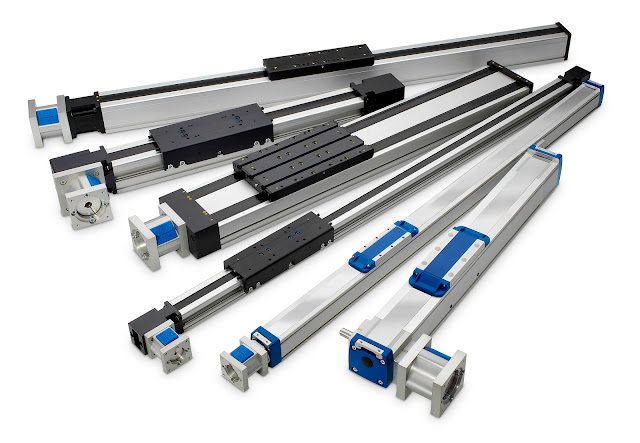Bio-Butanol has Potential to Replace Gasoline in Wide Range of Industrial Applications
 |
| Bio-Butanol |
One of the reasons bio-butanol is gaining so much attention as a green alternative fuel is because it is superior to bioethanol. It has lower volatility and vapor pressure, making it easier to mix with any gasoline concentration. It also reduces greenhouse gas emissions. This has prompted the United States and many European countries to begin fleet-testing bio-butane in their cars. However, there are many benefits to using it as a vehicle fuel.
According to Coherent
Market Insights the Bio-Butanol
Market Global Industry Insight,
Trends, Outlook, and Opportunity Analysis, 2022-2028.
It has a similar
chemical structure to gasoline, which makes it easy to use in vehicles. The
best part about using it in gasoline is that it is safe to mix it with gasoline
without altering any current technology. It is also less likely to cause
ignition problems because it has a lower heat of vaporization than ethanol or
methanol. It is currently made from corn and is used in chemical applications.
Researches have been conducted on the production of butanol from palm fruit and
cassava. A recent advancement in technology has been the production of this
from renewable biomass. The process is a combination of metabolic engineering
and rediscovery of biochemical pathways. This process is more effective than
ever before and is highly desirable for fuels. The process of converting
biobutanol into fuel is very similar to that of fuel ethanol. It's the fermentation
of the corn feedstock that produces it. This process is similar to that of fuel
ethanol, but is more cost-effective. It can also be used as a sustainable
aviation fuel. A new study conducted by Gevo found bio-butanol to be nearly
identical to ethanol production.
Some companies are
currently developing commercial butanol fermentation processes. Its production
has the potential to replace gasoline in many applications, and can be blended
with conventional diesel fuel.



Comments
Post a Comment